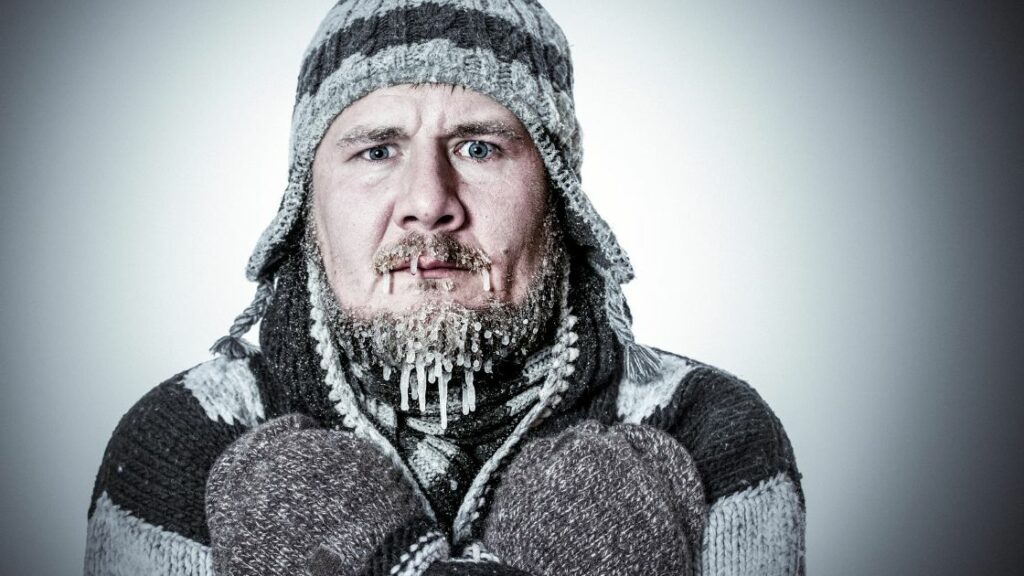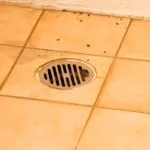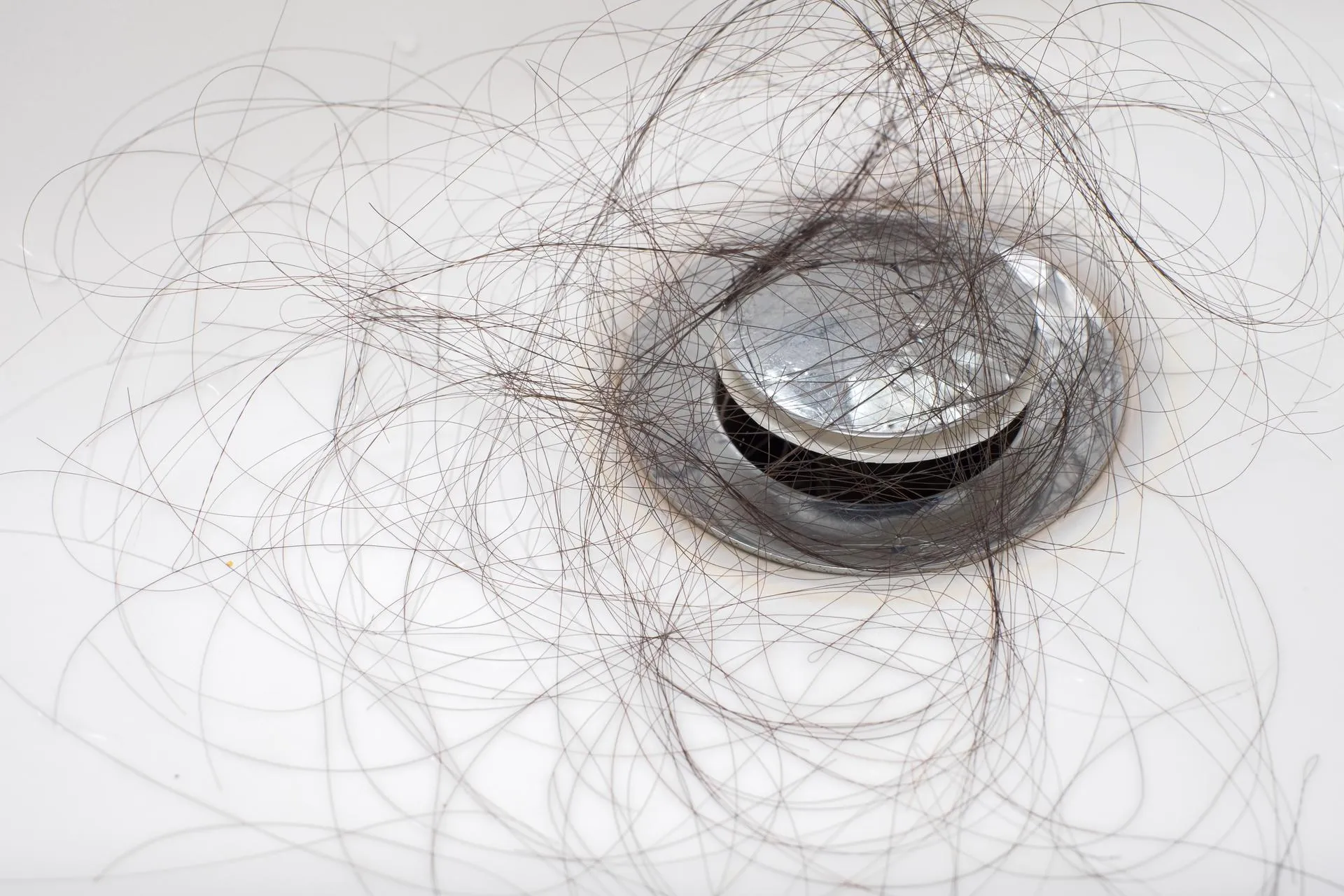Happy New Year Everyone! We here at Metro-Flow Plumbing are so excited to get a new year of plumbing know-how out into the world. January is a month of renewal and new beginnings, it is also a perfect month to get your home in the best shape possible for the incoming cold weather.
As the temperatures outside begin to drop, it’s important to take steps to prevent your plumbing from freezing—which can lead to a costly and messy plumbing disaster. Here are five tips to help you avoid a plumbing nightmare this winter.
1. Keep your home warm. The first step in preventing your pipes from freezing is to keep your home warm. Set your thermostat to at least 68 degrees Fahrenheit, and make sure that all vulnerable areas of your home—including crawl spaces, attics, and basements—are properly insulated.
One of the best ways to prevent a plumbing disaster in your home is to keep your house warm. When pipes freeze, they can burst and cause extensive damage. The cost of repairing a frozen pipe can be hundreds or even thousands of dollars, so it’s important to take steps to prevent them from freezing in the first place. One way to do this is to insulate your pipes. This can be done by wrapping them in insulation material or by installing heat tape. Another way to keep your pipes from freezing is to maintain a consistent temperature in your home. During cold weather, keep your thermostat set to at least 55 degrees Fahrenheit. By taking these simple steps, you can help prevent costly plumbing repairs and keep your home warm all winter long.
2. Let your faucets drip. When water freezes, it expands—which can cause your pipes to burst. To prevent this from happening, open all of your faucets and let them drip slowly overnight. This will allow any water that does freeze to expand without putting too much pressure on your pipes.
One way to help prevent plumbing disasters is to open all of your faucets and let them drip slowly overnight. This may seem like a small thing, but it can actually be quite helpful in preventing frozen pipes and other damage that can occur when water is allowed to stagnate in your plumbing. When water sits in your pipes, it can begin to freeze, expand, and cause the pipe to burst. By letting your faucets drip overnight, you can help keep the water moving and prevent it from freezing and causing damage. In addition, this simple step can also help to conserve water and save money on your monthly water bill. So next time the temperatures drop, be sure to open up all of your faucets and let them drip slowly overnight.
3. Seal any cracks or gaps. As cold air seeps into your home, it can cause the temperature around your pipes to drop—increasing the risk of freezing. To prevent this, seal any cracks or gaps around doors and windows with caulk or weatherstripping. You should also apply foam pipe insulation to any exposed pipes in vulnerable areas of your home.
A simple home maintenance task that can prevent a plumbing disaster is to regularly check for and seal any cracks or gaps around doors and windows. Winter weather can cause pipes to freeze and burst, but even a small crack can let in enough cold air to freeze the water inside the pipe. A burst pipe can cause extensive damage to your home, so it is important to take proactive measures to prevent it from happening. In addition to preventing plumbing disasters, sealing cracks and gaps around doors and windows can also help to improve your home’s energy efficiency. By preventing drafts, you can keep your home warmer in the winter and cooler in the summer, saving money on your energy bills.
4. Keep cabinet doors open. If any of the plumbing in your home runs through cabinets, make sure to keep the doors open during extremely cold weather. This will allow warm air from the rest of the house to circulate around the pipes and prevent them from freezing.
5. Disconnect garden hoses and sprinkler lines. Once winter sets in, be sure to disconnect all garden hoses and sprinkler lines from outdoor faucets—and drain them completely before storing them for the season. This will help prevent any remaining water from freezing inside the lines and causing them to burst.
6. Close your garage door. Keep your garage door closed if you have exposed pipes in there. By keeping the garage door closed, you can help prevent cold air from seeping in and causing your pipes to freeze.
If you have exposed pipes in your garage, it’s important to keep the garage door closed as much as possible. Exposure to extreme cold can cause pipes to freeze and burst, leading to a costly and messy plumbing disaster. By keeping the garage door closed, you can help to insulate the exposed pipes and protect them from the cold. In addition, it’s a good idea to keep a space heater in the garage during the winter months. This will help to keep the temperature inside the garage above freezing, further preventing your pipes from freezing and bursting. By taking these simple precautions, you can help to avoid a headache down the line.
By following these six simple tips, you can help prevent a plumbing disaster this winter. Just remember to keep your home warm, let your faucets drip, seal any cracks or gaps, keep cabinet doors open, and disconnect garden hoses and sprinkler lines before the temperature drops too low!
We’re wrapping this entry already as we have a long month ahead but feel free to explore our website and check out all the services we provide. At Metro-Flow Plumbing we strive to provide the best plumbing services to the Dallas area. Give us a call today at 214-328-7371 and our team will guide you from there.. Come back next week for more plumbing tips and more plumbing fun!












